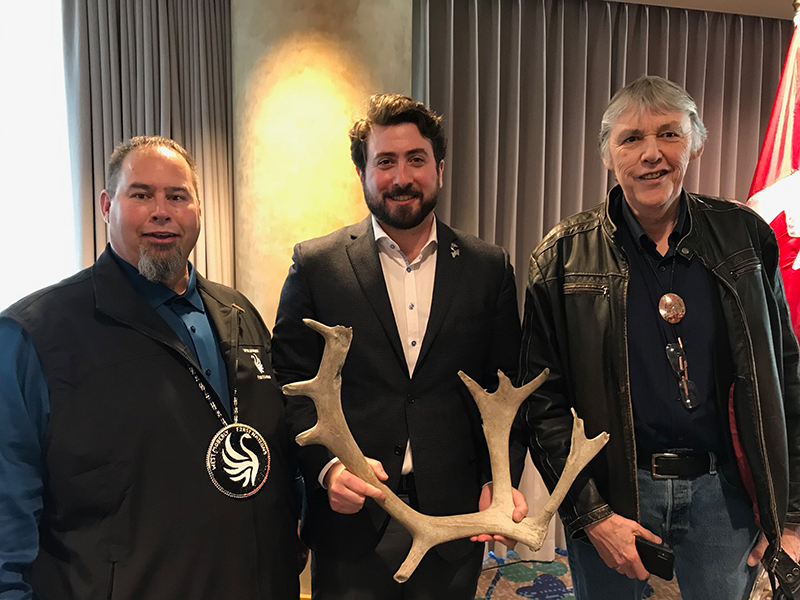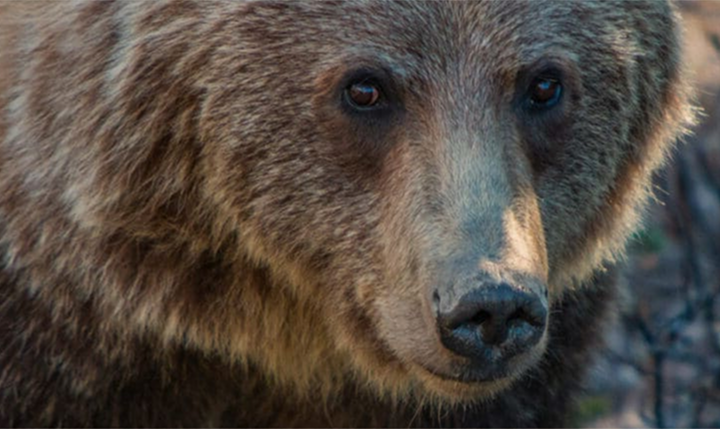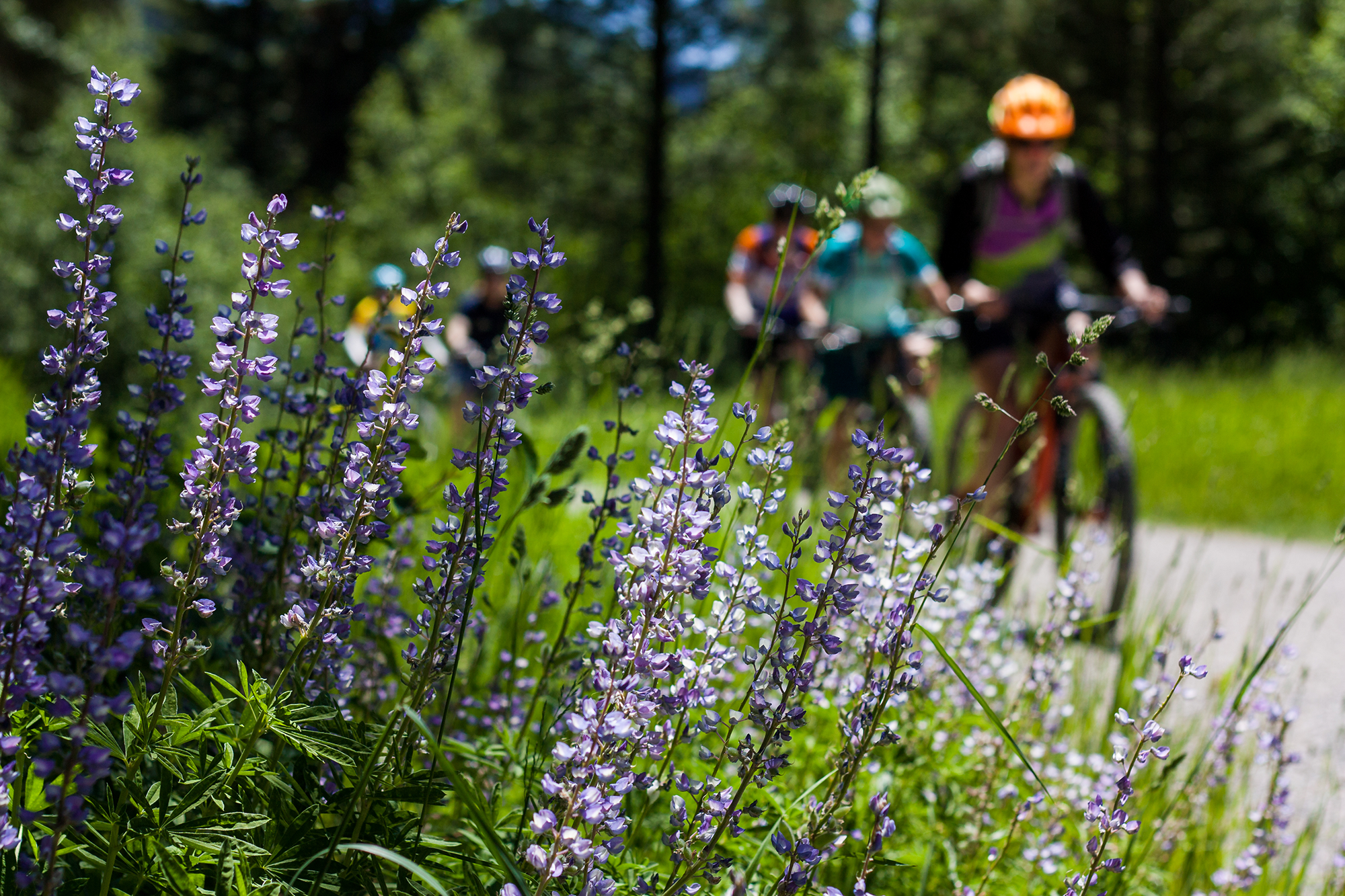Leading the way on caribou recovery
An alpine meadow full of wildflowers, moss and lichen in northeast B.C.’s Peace Region is the final resting place for a magnificent weather-bleached antler from the now-extinct Burnt Pine caribou herd.
Mountain caribou have roamed these highlands since time immemorial, and Treaty 8 First Nations Elders remember last century when there was still a “sea of caribou like bugs on the land.”
But the cumulative impacts of resource development have pushed these animals to the brink.
Their habitat is being fractured and degraded by mining, oil and gas development, intensive logging, dams and roads. The stakes for wildlife here — the narrowest pinch-point of the entire Yellowstone to Yukon region — couldn’t be higher.
The antler is a stark reminder of the fragility of the herd whose final members perished by 2013, but it has also played a powerful role in a more hopeful story, which has culminated in the first new habitat protections in the northeast of the province in 20 years.

Y2Y staff member Tim Burkhart had been living in the Chetwynd area and developing relationships with area First Nations and communities for several years when on a hike he spotted the antler.
Recognizing its simple but eloquent symbolism and at a time when his friends and colleagues at West Moberly and Saulteau First Nations were battling for the survival of other dwindling herds, he put aside his usual “leave no trace” principles and “borrowed” it.
The antler started to help tell the story of the Nations’ efforts, which needed buy-in from provincial and federal governments, industry, local communities, and other conservation groups, if there was to be any real hope of caribou recovery. Tim took it with him to meetings and public presentations, even the legislature, to let people see it, hold it and feel the tangibility of extinction.

In February 2020, after lengthy and complex negotiations, West Moberly and Saulteau First Nations finally signed an historic and hard-won Partnership Agreement with the B.C. and Canadian governments to recover caribou. The Agreement protects over 200,000 hectares (~500,000 ac.) of habitat, with a further 550,000 ha. (~1.36M ac.) set aside from development while caribou recover.
Raising awareness of the plight of caribou, generating and mobilizing support from constituents and communities, and providing Western science to weave together with Indigenous knowledge were just some of the ways in which Y2Y played a supportive role in the five years leading up to the Agreement.
We also helped with strategy, communications, government relations and funding, as requested by our First Nations partners, and convened conservation groups for a more aligned and influential approach.
Y2Y asked, and you responded — by providing more than 2,400 letters, comments and signatures in favor of the Agreement to the B.C. government. Thank you for supporting, and celebrating with us, the efforts of West Moberly and Saulteau First Nations!
One wet and windy day in August 2020, Tim’s promise to return the antler could finally be fulfilled. On the shore of a tarn at the base of the sacred Klinse-za (Twin Sisters) mountains, with the new protected area visible to the west, and cutblocks, windfarms, and transmission lines to the east, former Chief Ken Cameron of Saulteau First Nations and Tim laid the antler to rest.
Tim notes, “Despair is pretty common in the conservation world right now and this is one of the few truly optimistic and hopeful stories.” Chief Rolland Willson from West Moberley First Nation goes further, tying survival of mountain caribou to the broader human struggle: “We’re kind of saving ourselves. What happens to the caribou happens to us.”
This has been made possible in part with funding from the Real Estate Foundation of British Columbia and the Mitsubishi Corporation Foundation for the Americas.


